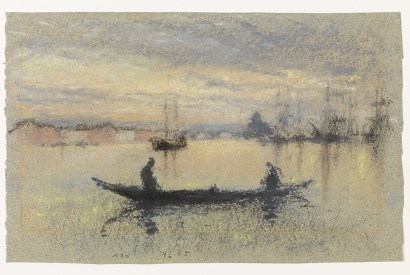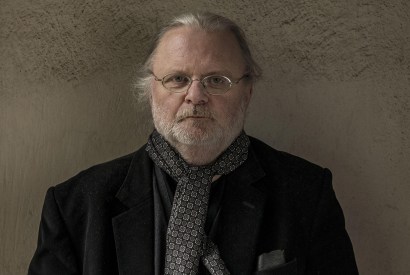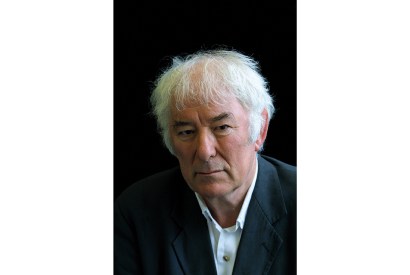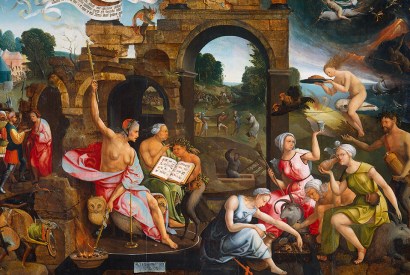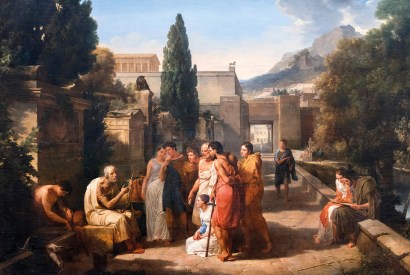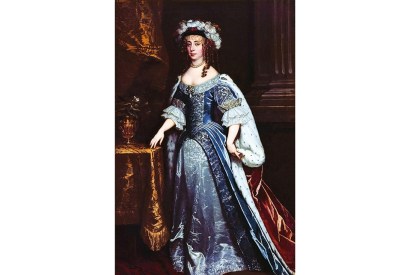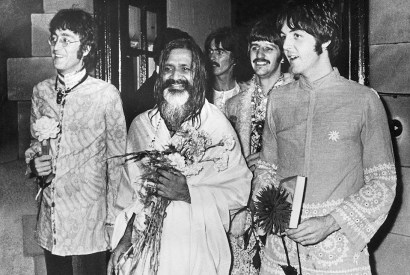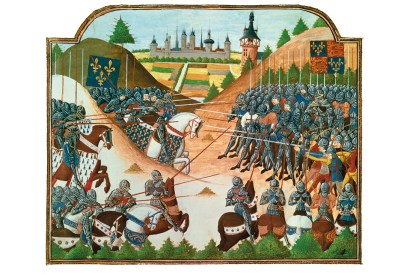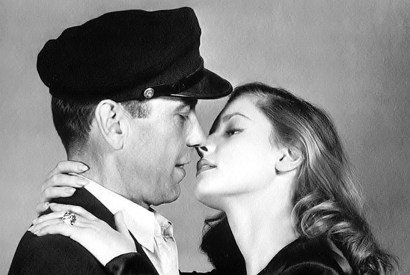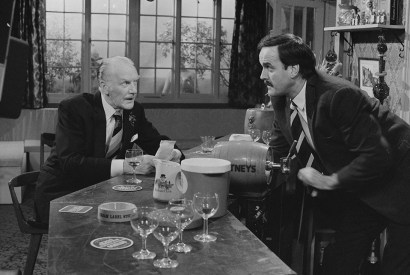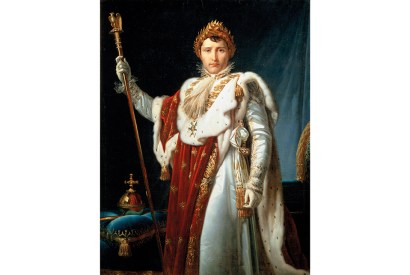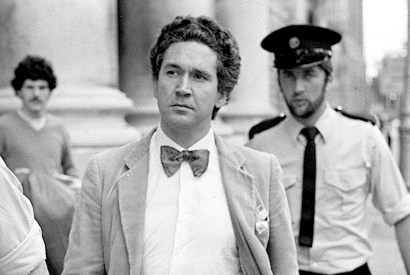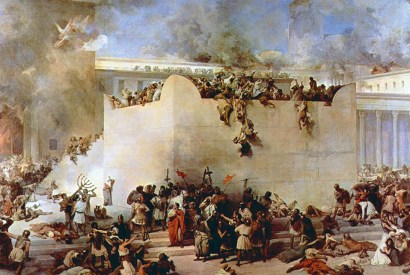Lead book review
Will the Caucasus ever be tamed?
Its ruined fortresses, broken monasteries and deserted villages attest to centuries of conflict, and any idea of a united Caucasus remains a dream, says Christoph Baumer
The splendour and squalor of Venice
In his celebration of Venetian art, Martin Gayford is keenly alert to the city’s spectacular contradictions
The British Empire’s latest crime – to have ended the Enlightenment
Richard Whatmore sees trade and colonisation in the 19th century as the great threat to Enlightenment ideals, and British imperialism as an unremitting force of darkness
Surreal visions: the best of this year’s art books reviewed
Subjects include Anna Atkins’s cyanotypes, Leonora Carrington’s paintings, Albrecht Dürer’s dreams and the photographs of Lee Miller
Was there ever a time of equality in human society?
Living in open savannahs, men and women had no choice but to cooperate. But evolution caused men to fight and dominate, resulting in sexism and social hierarchy
Books of the year II: more choices of reading in 2023
Recommendations from Mary Beard, Richard Ingrams, Sam Leith, Francis Wheen, Michela Wrong, William Dalrymple and many more
Why did Jon Fosse win the Nobel Prize for literature? It’s baffling.
If Jon Fosse’s novels are experimental, they are experiments in exhausting banality, says Philip Hensher
Was the French Revolution inevitable?
It was clear for decades in France that unrest was steadily building before public anger finally exploded in the spring of 1789, says Ruth Scurr
The mystery of Werner Herzog
The film director treats us to a dervish dance of anecdotes but still keeps his real life secret, says Peter Bradshaw
Seamus Heaney’s letters confirm that he really was as nice as he seemed
Seamus Heaney’s letters are full of energy and joie de vivre, but a darker note persists as the pressure of celebrity grows, says Roy Foster
Learned necromancers and lascivious witches: magic and misogyny through the ages
We seem just as captivated by magic today as our Sumerian ancestors ever were, says Suzi Feay
The astonishing truth about 007
The world would never be quite the same again after we first glimpsed the casino of Royale-les-Eaux at three in the morning, says Philip Hensher
The bloody prequel: a triumphant new translation of the Iliad
Following her translation of the Odyssey, Emily Wilson has turned her hand to the Iliad – and it is a triumph, writes A.E. Stallings
‘My attachment to Giacometti grew into the bedrock of my existence’
Michael Peppiatt has had a lifelong obsession with Alberto Giacometti – and it shows in this perfect biography, says Lynn Barber
The extraordinary life of 17th-century polymath Margaret Cavendish
Lucy Hughes-Hallett admires the brave and wayward Duchess of Newcastle, whose idiosyncratic writings astonished 17th-century English society
The phoney mystics who fooled the West
Many suspect mystics have exploited naive westerners in search of spiritual enlightenment over the past century, Philip Hensher discovers
The Hundred Years War ends in England’s agonising defeat – but triumph for Jonathan Sumption
England’s final, agonising defeat in the Hundred Years War brings Jonathan Sumption’s monumental history to a close. David Crane salutes 43 years of research and writing
Complicated and slightly creepy: the Bogart-Bacall romance
Lauren Bacall was 25 years younger than Humphrey Bogart. Unlike his previous wives, she stayed – though Roger Lewis finds something creepy about their relationship
George Orwell’s unacknowledged debt to his wife Eileen
Eileen O’Shaughnessy’s creative influence on her husband George Orwell has been ignored for far too long, says Marina Benjamin
Albrecht Dürer’s genius for self-promotion
Albrecht Dürer was an undoubted genius – and no one was more conscious of it than the artist himself, says Philip Hoare
A cherry orchard, three sisters and a summer romance: Tom Lake, by Ann Patchett, reviewed
Alex Clark enjoys a poignant story centring on a cherry orchard, three sisters and their mother’s past love affair
Should vintage comedy be judged by today’s standards?
A successful joke relies on rhythm, tempo, cadence, pause – so why does David Stubbs find comedy and music so antithetical, wonders Joel Morris
What, if anything, have dictators over the centuries had in common?
Simon Kuper finds little to connect the strongmen of the past and present apart from their contempt for their own supporters
Ireland’s most notorious murderer still casts a disturbing spell
After months of conversations with Ireland’s most notorious murderer, Mark O’Connell got both more and less than he bargained for, says Frances Wilson
What ‘pax’ meant in Rome’s golden age of imperialism
The emperors of Rome’s golden age avoided civil war at all costs. But wars against other peoples were a different matter, says Peter Stothard


